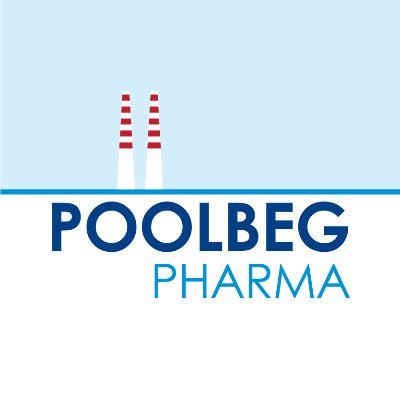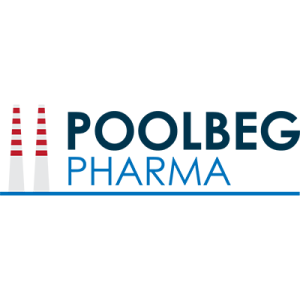Poolbeg Pharma plc (LON:POLB), a clinical stage infectious disease pharmaceutical company with a capital light clinical model, has provided an update on new patent filings for its PredictViral™ platform that estimates disease severity and contagiousness in people who are recently infected with a respiratory virus.
Expanding on existing PredictViral™ IP, these latest patent applications have been submitted in the UK and aims to protect a method of predicting whether an individual exposed to a respiratory virus (such as Influenza, RSV, hRV) will have a higher severity of disease and / or be more likely to be contagious. The Company will continue to focus on expanding its IP portfolio as required.
hVIVO (part of Open Orphan plc) filed these predictive biomarker patent applications on behalf of Poolbeg and as agreed as part of the demerger process and as outlined in Poolbeg’s IPO Admission Document, ownership will ultimately reside with Poolbeg which will continue to commercialise the platform. This will provide clinicians with a risk score for recently infected patients who are likely to experience a severe form of disease. Identifying viral infections early and triaging patients based on likely severity is vitally important in optimising clinical outcomes and can be particularly important in diseases such as influenza where there is a limited window for successful treatment early in the disease. The Company will continue to focus on expanding its IP portfolio as required.
Poolbeg Pharma believes that the PredictViral™ platform offers diagnostic companies a transformative product that will enhance clinical decision-making while differentiating their platforms at a time of intense competition in this market. Discussions are ongoing with multiple parties to continue this technology’s development and license it for commercial use. The global market for diagnostic tools for infectious disease is rapidly growing and is expected to be worth over $19 billion per annum by 2025.
Jeremy Skillington, PhD, CEO of Poolbeg Pharma said:
“Protecting the IP for such an innovative disease severity platform as PredictViral™ is important and key to our strategy of commercialising this cutting-edge technology.
PredictViral™ will provide valuable information for assessing the best course of treatment for viral disease. It has the potential to help early interventions when needed and to reduce the spread of disease, even amongst those who are unaware they are infected – the importance of which has become very clear during the COVID-19 global pandemic.”


